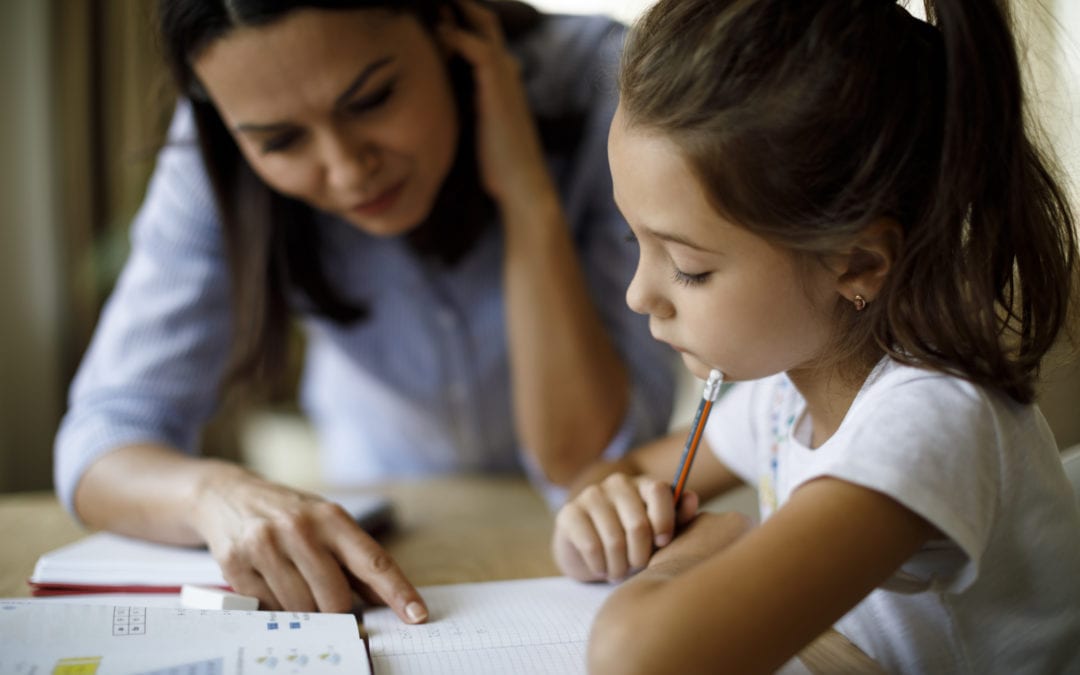
Is My Child Ready for Tutoring?
Preschool age children (3 and 4-year-olds) have needs and challenges as far as readiness for tutoring that older children have overcome. A child who has attended kindergarten is familiar with the concept of “time for learning” as compared to “play time”, while younger children who haven’t been exposed to a “school” or “classroom” environment are not.
According to doctors, the normal attention span for children is 3 to 5 minutes per year of a child’s age. So a 3-year-old should be able to concentrate for up to 15 minutes at a time on a specific task or learning activities. They note that a child’s attention span while watching TV is not an accurate measure of his or her attention span.
At this young age, it’s important to intersperse free play time with time devoted to learning, and every parent needs to determine for her own child what age might be too young for tutoring. Children who are of kindergarten age and older not only have longer attention spans, but are also more accustomed to the concept of sitting still, working on “schoolwork” and listening to the teacher. All of these contribute to their ability to benefit from one-on-one tutoring. However, this doesn’t mean that preschool age children can’t benefit from tutoring that is appropriate to their age and abilities.
Setting Expectations
Younger children who have not attended a preschool, or who have not had any type of exposure to instruction may benefit from short tutoring sessions that focus on activities the child enjoys or has shown interest in like learning letters, reading their favorite books, working on puzzles, and playing with toys that increase hand-eye coordination, improve memory, and teach problem-solving.
Age-appropriate goals for young children include helping them develop a love of learning and a positive impression of school. Building a child’s confidence in their own abilities by choosing activities that they can be successful in will help them when they are faced with more difficult activities in school. One-on-one tutoring can be a huge boost to a child who is lacking in confidence or self-esteem.
Older children may already have identified learning disabilities or developmental delays that a private tutor would be able to address. In a one-on-one teacher/student relationship, tutoring can be personalized to focus on exactly what an individual child needs help with. Since the average classroom in the U.S. has approximately 23 students, it’s very difficult for a teacher to spend time working individually with students. With tutoring, there are fewer distractions for even the most focused students and they are able to have 100% of their instructor’s attention.
Parental Goals
Regardless of the age of the student, parents need to be careful not to impose their own – possibly unattainable – goals on their children. As parents, we all want to see our children succeed in life, and getting a good education is one way to help them do that. However putting too much pressure on a child to excel academically can end up having the opposite effect.
Children who feel inadequate, or that they are somehow deficient, and need remedial help, can quickly develop a lack of self-confidence and self-esteem which can ultimately lead them to dislike school. And if children have to spend too much of their “free” time on homework, tutoring, and other academic activity, they may miss out on the benefits of other kinds of extracurricular activities, family time, and just plain fun time.
Finding the Balance
A trained, experienced teacher can recognize a child’s capacity, their attention span, the areas they need help with, and just how much tutoring is actually beneficial. For this reason, certified, experienced teachers make the best tutors. Simply being a subject matter expert is not enough. Without that training and those teaching skills, a tutor isn’t as capable of helping a child, especially a child who is struggling in school.
Children are each unique individuals with their own abilities and challenges. What works for one child might not work for another. Parents working together with a teacher/tutor can determine when their child is ready for tutoring, how much tutoring they would benefit from, and the best way to proceed to achieve the best results.

